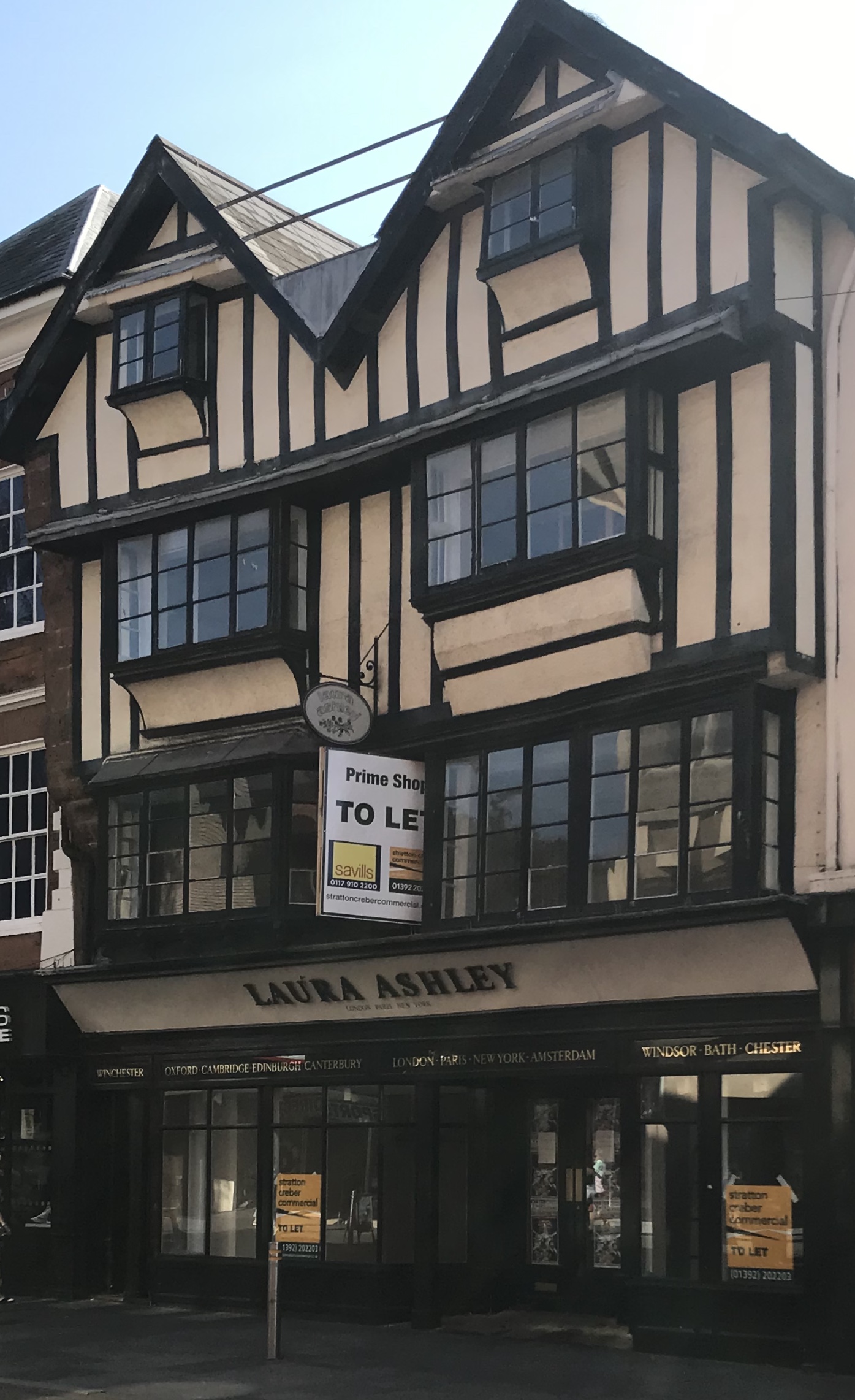By Kenneth Maxwell
Exeter was among the beautiful English cites chosen for attack on Hitler’s orders in retaliation for the RAF bombing of the mediaeval city of Lubeck in March 1942. The German aim was to target small English historic cities and damage historical buildings and cultural sites in revenge and to spread fear. They were called the “Baedeke Raids” after a popular German guide book to Britain. The targets had no particular strategic or military value.
The cathedral city of Exeter in the country of Devon in the southwest of England was a prime target in this Luftwaffe German blitz. On the night of 23/24 April 1942, 49 German bombers attacked Exeter, and on the 24/25 April, two waves of 20 bombers, most flying two sorties at night, attacked again.
The Germans returned on May 3/4 when 30 Luftwaffe bombers in 46 minutes dropped 166 high explosive bombs, 3 parachute mines, and 5000 incendiary bombs, and devastated 30 acres of the center of Exeter. The Cathedral was hit by a high explosive bomb, and the city library with its thousands of historical documents, was destroyed. 54 tons of bombs were dropped on Exeter. A fire storm resulted and over 156 citizens were killed and 583 seriously injured.
Late last month construction workers clearing private land adjacent to the campus of the University of Exeter uncovered a huge German WW2 bomb. It was German SC 1000 unexploded “Spregbombe” or “Hermann bomb” (as it was known during WW ll.) It was 2.55m in length and 1,000 kg in weight.
The local authorities called in Royal Navy and Army bomb disposal teams and they established a cordon and brought in 400 tons of sand to create an enclosing “box” around the unexploded bomb. 1400 University of Exeter students were evacuated from 12 halls of residence, as well as 2,600 households in the immediate area.
A “controlled” explosion was then detonated on Saturday (27th of February).
I know the area well. It is on my bus route into Exeter. Miraculously, the two houses where my ancestors lived when they were mayors of Exeter during the reign of Queen Elizabeth l survived the 1942 Blitz. They still stand on the Main Street near Exeter’s medieval Guild Hall, where they once presided over the city’s business, and which also miraculously survived the 1942 German Blitz.
The “controlled” explosion on February 27th, 2021, however, has severely damaged many houses in the vicinity. The local residents (and the students) have still not been allowed to return to their homes or residence halls. Many buildings suffered severe structural damage from the impact of the explosion and several huge piece of metal landed on roofs and in gardens.
The evacuees have been told to contact their insurance agents for compensation. Good luck with that. They would be better off contacting the (legacy) German authorities for compensation for the damages caused by their long lost and (until recently unexploded) 1942 monster “Hermann” bomb, which was also after all, an unwelcome “Baedeker” gift to the City of Exeter.








